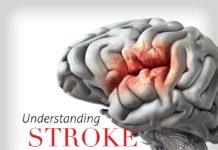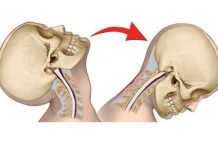Stude DE, Mick T
Northwestern College of Chiropractic,
Bloomington, MN 55431
OBJECTIVE: To present a clinical case presentation of a patient with multiple sclerosis (MS). Diagnostic criteria are presented, including advanced imaging; and, for the first time, a potential relationship between chiropractic manual adjustive therapies and the symptoms associated with MS is presented.
CLINICAL FEATURES: A 32-yr-old male presented with numbness from the lower trunk to the distal lower extremities, anteriorly and posteriorly, bilaterally equal. There was a family history suggestive of MS, reflexes were hyperactive, and hypoesthesia was present with the neurological pinwheel exam. There was evidence to suggest biomechanical vertebral segmental dysfunction. A second-opinion medical neurological evaluation and multifocal demyelination lesions confirmed with magnetic resonance imaging reinforced the working impression. Laboratory screening was conducted but was non-revealing.
INTERVENTION AND OUTCOME: Conservative chiropractic manual adjustive therapies were provided to address spinal segmental dysfunction and the patient reported complete absence of symptoms following the first treatment intervention. It was at this time, in order to rule out other possibilities and to confirm the working impression of MS, that a second opinion with a medical neurologist was recommended.
CONCLUSION: Manual adjustive therapies appear to be responsible for the dramatic symptomatic relief provided for a patient diagnosed with MS. The relative risk-to-benefit ratio suggests that this approach may be appropriate as an alternative symptom management approach for MS patients, and future research efforts can and should direct the comprehensive management approach to the treatment of this disorder.







